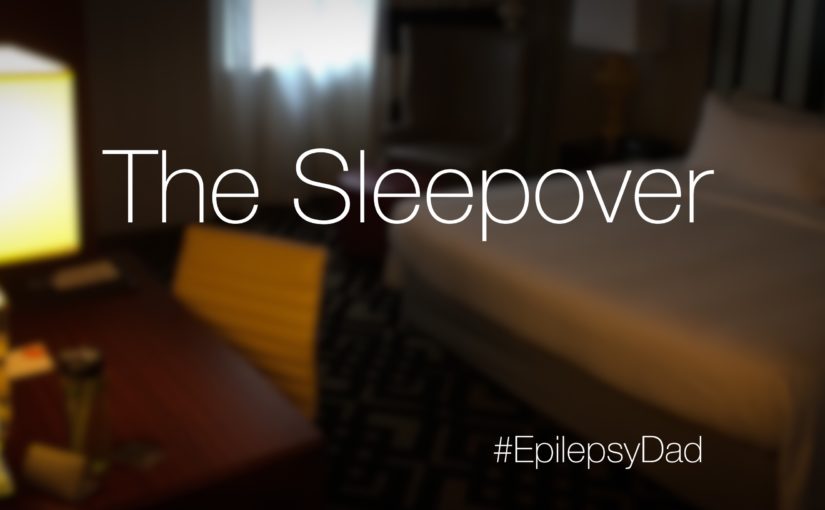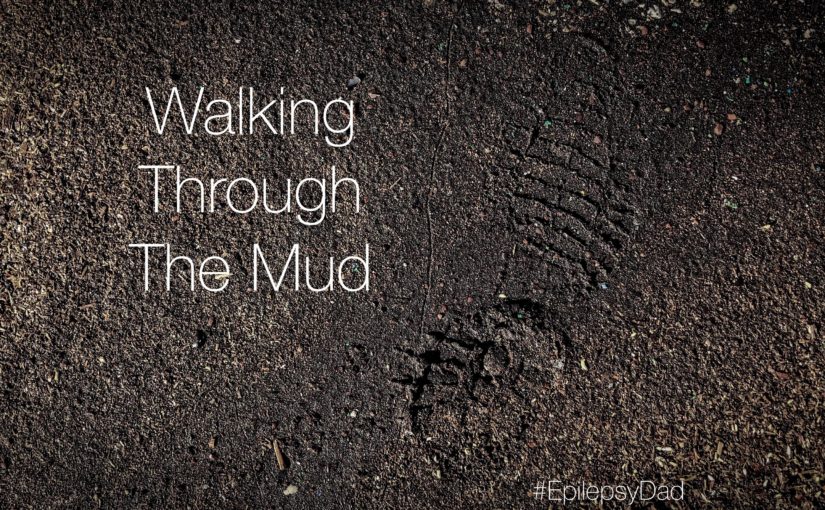A few weeks ago, my wife and I spent our first night away together since my son was born. Individually, we’ve been away. I’ve gone on work trips, and my wife has gone to visit family. But we’ve never both been gone for the night and let someone else watch our son.
In some ways, it wasn’t practical. We don’t have family that lives near us, so leaving him at grandma’s house wasn’t an option. But there is also the reality that our son has seizures almost every night. Spending the night isn’t just about giving him a place to sleep. It’s an active task that involves monitoring him and responding to seizures.
Our son is never alone. Even sleeping in his bed, we have a camera pointing at him that I watch all night long. When he is in his room playing, we keep a cautious ear listening to what is going on. He receives individual attention at school, and his nanny is substituting for us when we aren’t there.
That level of involvement is not something that transfers well to someone unaccustomed to that level of care. It’s not something that lends itself to people lining up to take on the responsibility. It’s our every day, but it’s not theirs. I can imagine the conversation with the parents would go something like this:
As you know, our son has epilepsy. And it’s very likely that he’s going to have a seizure really early in the morning. Probably more than one. The seizures are likely going to wake and frighten your child. And you’ll need to help my son reorient to the world as he comes out of it and make sure he doesn’t fall out of the bed or try to walk around and fall down your stairs.
[silence]
If the seizure lasts too long, his rescue medicine is in his overnight bag. The good news is that we haven’t had to use it in a while. The bad news is the delivery mechanism.
[silence]
Also, you’ll need to make sure he doesn’t eat or drink anything we don’t send with him. He’s on a medical diet and if he eats anything else he could start having seizures.
[silence]
Oh, and don’t let him stay up too late. The more tired he is, the more likely his is to have seizures.
[silence]
His medicine is also in his bag. Make sure he takes all of his pills because if he misses any…you guessed it, more seizures.
[silence]
Other than that and, I guess, his depression and behavioral side effects of his medicine, I think you’re all set. Ok, goodnight!
[overwhelming silence]
I couldn’t burden someone with that responsibility because nothing could prepare them in one night for what has taken us years to adapt to. But I would also spend the night worrying and wondering. It wouldn’t have been a good night for anyone involved.
I really struggle with the idea that no one else can or will want to take care of our son. But at the same time, I find reasons why no one else should. They don’t know my son. We can’t prepare them for what it is like. What if something happened?
In the end, our nanny provided the perfect opportunity. She has been working with our son for over a year. She’s seen his seizures during his nap, and she’s helped him manage his behavior and emotions. We trust her to keep him safe. When she agreed to an overnight stay, it felt right.
Even though it was only one night, it opened my eyes to a new possibility. I’m not going to say that I still didn’t worry or wonder. But coming from a place where I didn’t think it would be possible at all, that first night was huge. It may not have addressed all my fears about the future, but it was a good first step.



